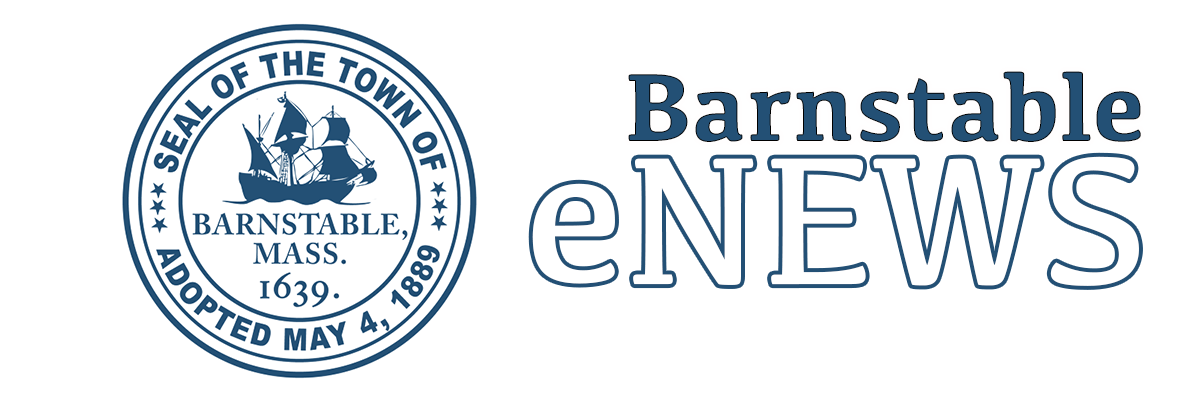Residents in Hyannis on Cape Cod are invited to an Open House on February 19th to learn about the study and meet the team.
Silent Spring Institute invites current and former residents in Hyannis to an Open House on Saturday February 19th from 11:00 am to 1:30 pm to learn about the Massachusetts PFAS and Your Health Study—one of seven projects funded by the Centers for Disease Control and Prevention (CDC) and the Agency for Toxic Substances and Disease Registry (ATSDR) to investigate the human health effects of PFAS contaminants in drinking water.
“Despite the growing number of towns across the country dealing with these contaminants, there’s been very little research on the human health impacts in communities that have been exposed,” says lead investigator Dr. Laurel Schaider, an environmental chemist and senior scientist at Silent Spring. “By joining this study, Hyannis residents can help us advance science on the impacts of PFAS on human health and inform drinking water guidelines to better protect communities from these harmful chemicals,” says Schaider.
Schaider and her team are currently recruiting adults and children who lived in Hyannis between May 2006 and July 2016. Since children can also be exposed to PFAS in the womb and through breast milk, children whose mothers lived in Hyannis during that same time period (and before their children were born) may also be eligible to participate.
The Open House will take place at the study’s clinic at 171 Main Street in Hyannis, where residents can meet the scientists and sign up to participate. Hans Keijser, supervisor of the Barnstable Water Supply Division, will be there to give an update on what Hyannis is doing to address water contamination.
The study is being led by Silent Spring Institute in collaboration with Harvard T.H. Chan School of Public Health and Eastern Research Group. The study is focusing on two communities in Eastern Massachusetts—Hyannis and Ayer—where public drinking water supplies have been contaminated by PFAS from the use of firefighting foams at nearby fire training areas.
“We all have a right to safe drinking water,” says Cheryl Osimo, executive director of the Massachusetts Breast Cancer Coalition (MBCC), one of the study’s community partners. “MBCC is grateful to be a part of this national health study to ensure our children, grandchildren, and future generations have access to drinking water that is free of harmful pollutants.”
Scientists are concerned about exposure to PFAS because the chemicals are extremely persistent—they don’t break down and remain in the body for years—and they have been linked with thyroid disease, cancer, high cholesterol, decreased effectiveness of vaccines, changes in mammary gland development, and other harmful effects.
Participants will be asked to give a blood and urine sample, provide body measurements, and complete a questionnaire. In addition, children and adolescents will be asked to undergo a neurobehavioral assessment. At the end of the study, participants will receive a personalized report with their results and tips on how to protect their families from PFAS in their everyday lives.
PFAS (also known as per- and polyfluoroalkyl substances) are a class of hazardous chemicals that have been detected in drinking water supplies across the country. More than 100 million Americans are estimated to have PFAS in their tap water and the Department of Defense has identified some 400 military sites that are known or suspected to have PFAS contamination. In addition to firefighting foams, PFAS are also used in a wide range of consumer products, including grease-proof food packaging, waterproof apparel, and stain-resistant carpets.
PFAS levels exceeding the federal health guidelines were found in the Hyannis drinking water supply prior to July 2016. The main source of contamination in Hyannis came from the use of firefighting foams at the Barnstable County Fire and Rescue Training Academy. The Hyannis drinking water supply is now being treated to remove PFAS from the tap water.
Combined findings from the CDC/ATSDR Multi-site Health Study will help local officials and state and federal government agencies make better decisions about how to protect the public from PFAS and support affected communities in mitigating their exposures. “Engaging community members in learning about their exposures can also help them know how to talk to their health care providers or advocate for health monitoring,” says Schaider.
People interested in participating in the study can sign up by contacting the team at pfas-health-study@silentspring.org, or by calling (508) 296-4298.



